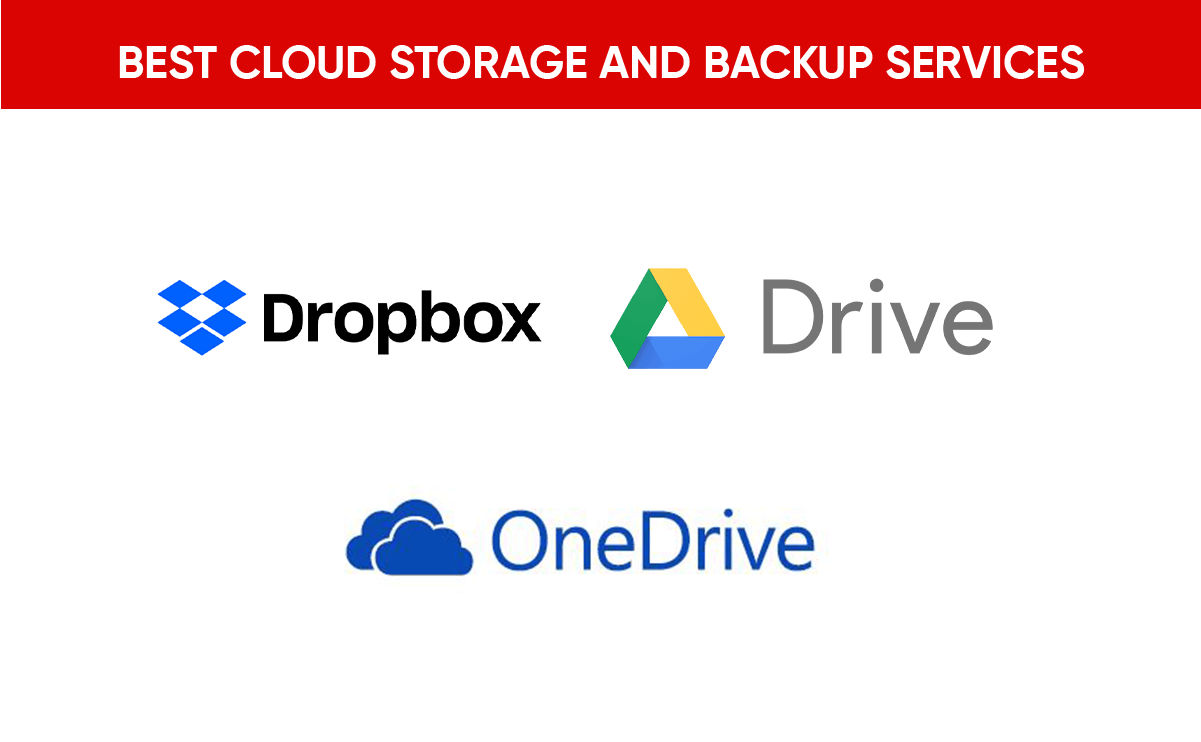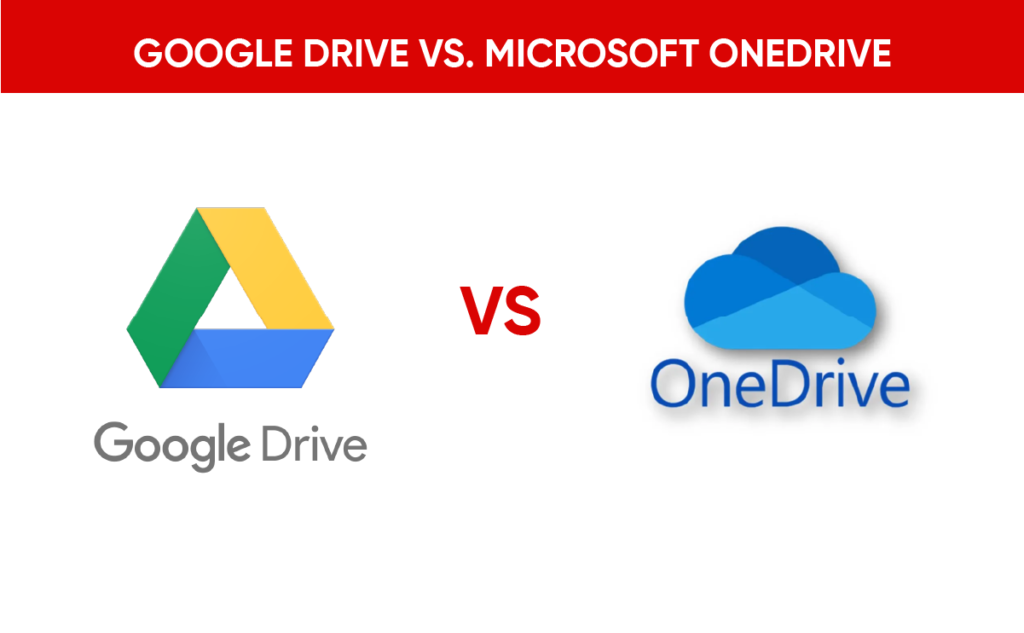Have you ever found yourself worrying about losing important files, photos, or documents? In today’s digital age, safeguarding your data is more crucial than ever. With the emergence of various cloud storage and backup services, you have numerous options at your fingertips. This guide will help you navigate the world of cloud storage and backup services, pointing out the best choices for 2024 and beyond.

Understanding Cloud Storage and Backup Services
Before you choose a cloud storage or backup service, it’s vital to grasp what they are and how they differ. While both types of services can protect your data, they serve slightly different purposes.
What is Cloud Storage?
Cloud storage allows you to save files on remote servers instead of your local hard drive. This means you can access your data from multiple devices and locations as long as you have an internet connection. Cloud storage services often offer features like file sharing and synchronization, making collaboration easier.
What is Backup Service?
Backup services, on the other hand, are designed primarily for data recovery. They provide automated solutions to back up your data at regular intervals, ensuring you don’t lose anything vital if something goes wrong with your device. With backup services, your data is stored securely, usually encrypted, so that you can recover it in case of hardware failure, accidental deletion, or cyberattacks.
Key Features to Consider
When selecting a cloud storage or backup service, several key features are worth considering. This way, you can make sure that the service meets your unique needs.
Storage Capacity
Different services offer varying amounts of storage space. Think about how much data you currently have and how much you expect to accumulate over time. Most services offer limited free storage, with options to upgrade for a fee.
Security
Security should always be a priority, especially with sensitive information. Look for services that provide encryption, both during transmission and at rest. Two-factor authentication adds another layer of security, making unauthorized access more difficult.
Accessibility and Syncing
You’ll want a service that allows you to access your files easily, whether from a desktop, laptop, or mobile device. Additionally, a good service should synchronize files across all your devices seamlessly, so you always have the latest version at your fingertips.
Pricing Structure
Many cloud services operate on a subscription model, where you pay a monthly or yearly fee based on your storage capacity. Compare pricing between different providers and evaluate whether they offer a free trial or a money-back guarantee.
Customer Support
Consider the level of customer support offered. If you encounter issues, you’ll want a service that provides help through various channels, such as live chat, email, or phone.
Best Cloud Storage Services
Here’s a closer look at some of the leading cloud storage services available in 2024. Each has unique strengths that cater to different needs.
Google Drive
Google Drive is one of the most popular cloud storage solutions, mainly due to its integration with other Google services.
- Storage Capacity: You get 15 GB of free storage, which is shared across all Google services.
- Pros: Automatic backup, seamless collaboration with Google Docs, Sheets, and Slides, and advanced sharing options.
- Cons: The free storage is shared; thus, it can fill up quickly, especially for heavy users.
Dropbox
Dropbox is another favorite, known for its simple interface and robust file-sharing capabilities.
- Storage Capacity: Offers 2 GB of free storage, with options to upgrade.
- Pros: Strong file recovery options, excellent version control, and the ability to easily share large files.
- Cons: The free tier can be quite limited compared to competitors.
Microsoft OneDrive
If you’re a Windows user, OneDrive might be the way to go. Microsoft’s offering is deeply integrated into the Windows operating system.
- Storage Capacity: Start with 5 GB of free storage; you can get more with an Office 365 subscription.
- Pros: Great integration with Microsoft Office tools, automatic photo and video upload, and collaborative features.
- Cons: The free storage is limited and may not be adequate for heavy users.
iCloud Drive
For Apple users, iCloud Drive is an attractive choice that works seamlessly across all Apple devices.
- Storage Capacity: Begins with 5 GB of free storage; additional storage can be purchased easily.
- Pros: Automatic backups of your iPhone or iPad, simple file sharing, and synchronization across devices.
- Cons: Primarily designed for Apple products; less versatility for users on Windows or Android.
Best Backup Services
Now, let’s explore some of the top-tier backup services that are well-regarded in 2024. These services focus on securely storing your data and providing recovery options.
Backblaze
Backblaze is a leading name in the backup service market, offering unlimited backup for a flat fee.
- Storage Capacity: Unlimited backup for one computer for a single monthly fee.
- Pros: Automatic backups, simple user interface, and unmatched pricing for unlimited data.
- Cons: You cannot back up external drives automatically unless you pay extra.
Carbonite
Carbonite focuses on ease of use, making it an excellent option for those who may not be tech-savvy.
- Storage Capacity: Provides unlimited storage options, with plans based on additional features.
- Pros: Automatic backups, file versioning, and remote file access.
- Cons: The initial setup can take longer since it scans your entire system.
Acronis True Image
Acronis is particularly known for its feature-rich backup solutions that include both file and disk imaging.
- Storage Capacity: Comes with cloud storage options, plus local backup features.
- Pros: Comprehensive backup options, including disk cloning and ransomware protection.
- Cons: Higher price point compared to more straightforward backup solutions.
IDrive
IDrive is a versatile backup solution that allows you to backup multiple devices, including PCs, Macs, and mobile devices.
- Storage Capacity: Offers 5 GB of free storage, with affordable upgrade options.
- Pros: Multiple device backup, continuous syncing, and online file sharing.
- Cons: The initial backup can take time, especially for large volumes of data.
Comparing Cloud Storage and Backup Services
Choosing between cloud storage and backup services can be a bit overwhelming, but understanding the differences and benefits can simplify the process. Here’s a comparison table to help you.
| Feature | Cloud Storage | Backup Service |
|---|---|---|
| Purpose | Access and share files easily | Recover lost data |
| Accessibility | High | Moderate |
| Version Control | Limited | Often included |
| Collaboration | Strong collaboration tools | Typically no collaboration |
| Storage Limitations | Varies by plan | Usually unlimited for a single pc |
| Examples | Google Drive, Dropbox | Backblaze, Carbonite |
When to Use Cloud Storage vs. Backup Services
You might wonder when to use a cloud storage service compared to a backup service. The decision often depends on your specific needs.
Use Cloud Storage When:
- You need easy access and sharing capabilities.
- You frequently collaborate with others on documents and files.
- You want to store and access files across multiple devices regularly.
Use Backup Services When:
- Your primary concern is to keep your data safe from loss or damage.
- You want automated backups without thinking about it.
- You need a reliable way to restore your system after a disaster.

Integration and Compatibility
It’s also important to consider how these services integrate with your existing tools and devices. Many cloud storage and backup services support a wide range of applications and platforms.
Mobile Compatibility
As you’re often on the go, services that offer mobile applications can be quite useful. Check if your potential cloud storage or backup provider has apps for both iOS and Android.
Third-Party App Integration
Popular cloud storage solutions frequently integrate with third-party applications, enabling you to enhance workflow. For instance, Google Drive works seamlessly with various office tools, while Dropbox integrates well with project management apps.
Security Measures You Can Trust
Your data’s security is non-negotiable. Look for services that implement robust security features to protect your information.
Encryption
Ensure your chosen service uses strong encryption protocols. Data should be encrypted during both upload and storage, so your information remains safe even if it’s intercepted.
Two-Factor Authentication
Two-factor authentication (2FA) provides an additional layer of protection. Even if someone acquires your password, 2FA requires accessed devices to verify your identity before granting access.
Conclusion: Making the Right Choice for You
Deciding on the right cloud storage or backup service can feel daunting, but understanding your needs and the options available makes it easier.
Think about how often you need access to files, your collaboration needs, and the level of security you seek. Whether you choose a cloud storage service for its convenience and accessibility or a backup service to keep your information safe, choosing a reliable provider is key to keeping your data secure.
In 2024, you have countless options to consider, each with its own unique strengths. Whichever service you choose, you’ll be empowered to safeguard your digital life, allowing you to focus on what truly matters—your work, hobbies, or precious memories.



